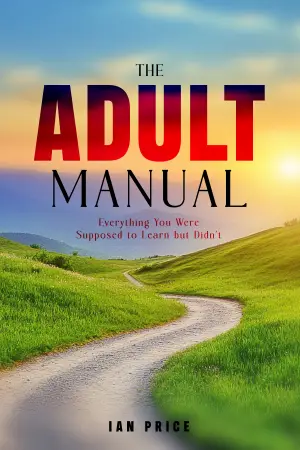I recently delved into a transformative classic: Meditations by Marcus Aurelius. As someone who enjoys both philosophy and historical literature, I was particularly drawn to the idea of reading reflections from a Roman emperor on human life, virtue, and the intricate dance of existence. Intrigued by the promise of timeless Stoic philosophy, I eagerly anticipated how his meditations could potentially illuminate my own path toward resilience and self-improvement.
As I made my way through the text, I found myself captivated by the clarity and eloquence of Marcus Aurelius’s thoughts, which were not initially intended for publication. Each entry provided a diverse exploration of emotions—from moments steeped in doubt and despair to those of conviction and exaltation. This work is truly a reflection of his struggle to comprehend himself and the universe around him. The themes he addresses—particularly the questions of virtue and human rationality—felt particularly relevant in today’s fast-paced world.
Engaging with Meditations felt less like reading a historical text and more like participating in a profound dialogue with a wise mentor. I appreciated the practical aphorisms Marcus offers, as they serve as guiding principles for navigating life’s complexities. Notably, this edition enhances the experience with comprehensive explanatory notes and a thoughtful introduction by Diskin Clay, setting the context for Marcus’s reflections against the backdrop of his life and times.
Despite my admiration for the work, I did encounter some common critiques mentioned by other readers. One recurring theme was that the text can feel somewhat repetitive at times. While I understood this perspective, I found the repetitions to be a testament to the importance of his ideas. The consistent return to key concepts served to reinforce his teachings, making them all the more impactful for me rather than a distraction.
Another point worth mentioning is that some readers found the language slightly archaic. However, I found the translation by Penguin Classics to be quite accessible. It deftly balanced preserving the original meaning while ensuring it resonated with modern readers. This translation is a noteworthy factor in understanding why Meditations has maintained its influence for almost two thousand years.
In reflecting on the substance of the text, I was particularly struck by Aurelius’s perspective on the nature of the gods and the value of leadership. His contemplations on mortality and the fleeting nature of life invite readers to consider how we choose to engage with our existence. This, to me, is the heart of Stoic philosophy as a tool for self-improvement; it encourages readers to transform their mindset in the face of adversity.
Ultimately, I would wholeheartedly recommend Meditations to anyone interested in philosophy, history, or personal growth. Engaging with Marcus Aurelius’s reflections not only provides a glimpse into the mind of a remarkable figure but also equips the reader with timeless insights applicable to everyday life. Yes, there may be moments where the text feels like it circles back on itself, but in doing so, it solidifies its core teachings that have inspired countless individuals throughout history.
With a mix of intellectual rigor and personal introspection, Meditations exceeded my expectations. It serves as both a historical artifact and a powerful guide for modern living. For anyone looking to explore the depths of Stoic philosophy, this is a journey worth taking.
“Discover timeless wisdom and inner peace with Meditations from Penguin Classics.” >>








